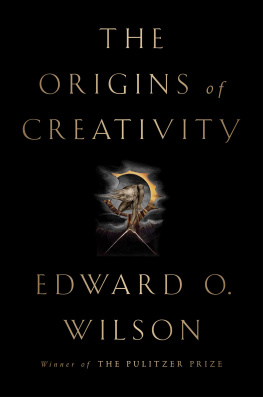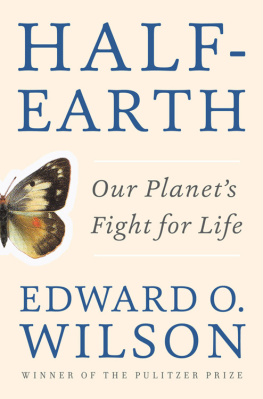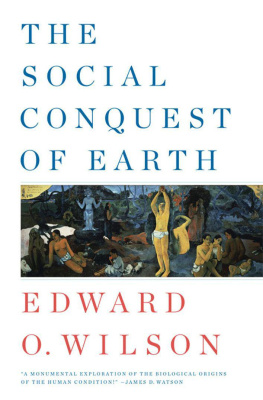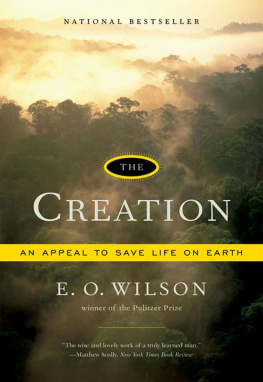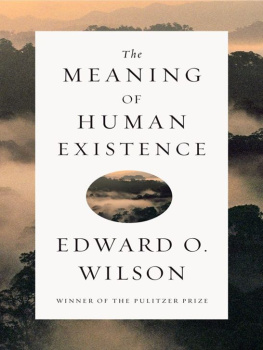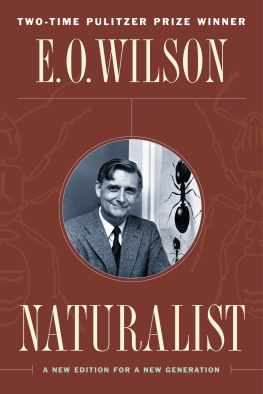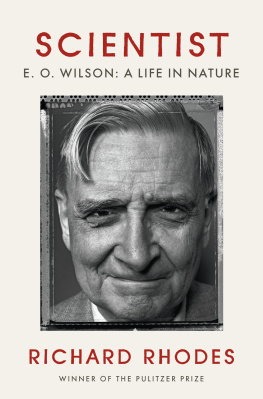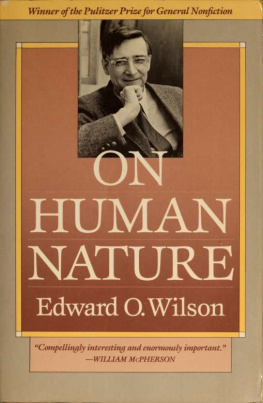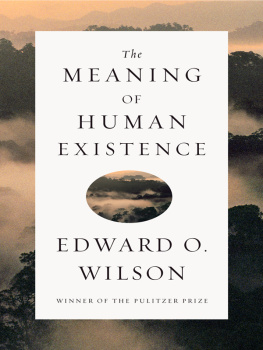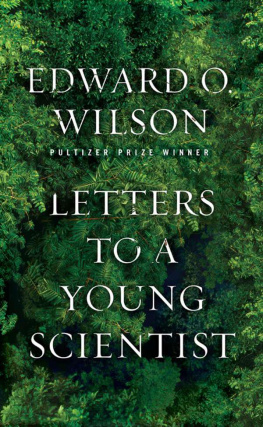
ALSO BY EDWARD O. WILSON
Half-Earth: Our Planets Fight for Life (2016)
The Meaning of Human Existence (2014)
Letters to a Young Scientist (2013)
The Social Conquest of Earth (2012)
The Leafcutter Ants: Civilization by Instinct , with Bert Hlldobler (2011)
Anthill: A Novel (2010)
The Superorganism: The Beauty, Elegance, and Strangeness of Insect Societies , with Bert Hlldobler (2009)
The Creation: An Appeal to Save Life on Earth (2006)
Nature Revealed: Selected Writings, 19492006 (2006)
From So Simple a Beginning:
The Four Great Books of Darwin , edited with introductions (2005)
Pheidole in the New World: A Hyperdiverse Ant Genus (2003)
The Future of Life (2002)
Biological Diversity: The Oldest Human Heritage (1999)
Consilience: The Unity of Knowledge (1998)
In Search of Nature (1996)
Journey to the Ants: A Story of Scientific Exploration , with Bert Hlldobler (1994)
Naturalist (1994; new edition, 2006)
The Diversity of Life (1992)
The Ants , with Bert Hlldobler (1990); Pulitzer Prize, General Nonfiction, 1
Success and Dominance in Ecosystems: The Case of the Social Insects (1990)
Biophilia (1984)
Promethean Fire: Reflections on the Origin of the Mind , with Charles J. Lumsden (1983)
Genes, Mind, and Culture , with Charles J. Lumsden (1981)
On Human Nature (1978); Pulitzer Prize, General Nonfictio n, 1979
Caste and Ecology in the Social Insects , with George F. Oster (1978)
Sociobiology: The New Synthesis (1975; new edition, 2000)
The Insect Societies (1971)
A Primer of Population Biology , with William H. Bossert (1971)
The Theory of Island Biogeography , with Robert H. MacArthur (1967; reprinted 2001)

Edward O. Wilson
THE ORIGINS OF
CREATIVITY

LIVERIGHT PUBLISHING CORPORATION
A Division of W. W. Norton & Company
Independent Publishers Since 1923
New York London
Frontispiece: The Reality Unseen where science and the humanities meet. (Calley ONeill and Rama the Elephant. Painting from The Rama Exhibition, A Journey of Art and Soul for the Earth. www.TheRamaExhibition.org. Used by permission.)
Copyright 2017 by Edward O. Wilson
All rights reserved
First Edition
For information about permission to reproduce selections from this book, write to Permissions, Liveright Publishing Corporation, a division of W. W. Norton & Company, Inc., 500 Fifth Avenue, New York, NY 10110
For information about special discounts for bulk purchases, please contact W. W. Norton Special Sales at specialsales@wwnorton.com or 800-233-4830
Book design by Chris Welch
Production manager: Lauren Abbate
JACKET DESIGN BY PETE GARCEAU
JACKET ART : The Ancient of Days (etching with pen & ink, w/c and bodycolour on paper), William Blake (1757-1827) / Whitworth Art Gallery, The University of Manchester, UK / Bridgeman Images
ISBN 978-1-63149-318-8
ISBN 978-1-63149-319-5 (e-book)
Liveright Publishing Corporation 500
Fifth Avenue, New York, N.Y. 10110
www.wwnorton.com
W. W. Norton & Company Ltd.
15 Carlisle Street, London W1D 3BS
CONTENTS
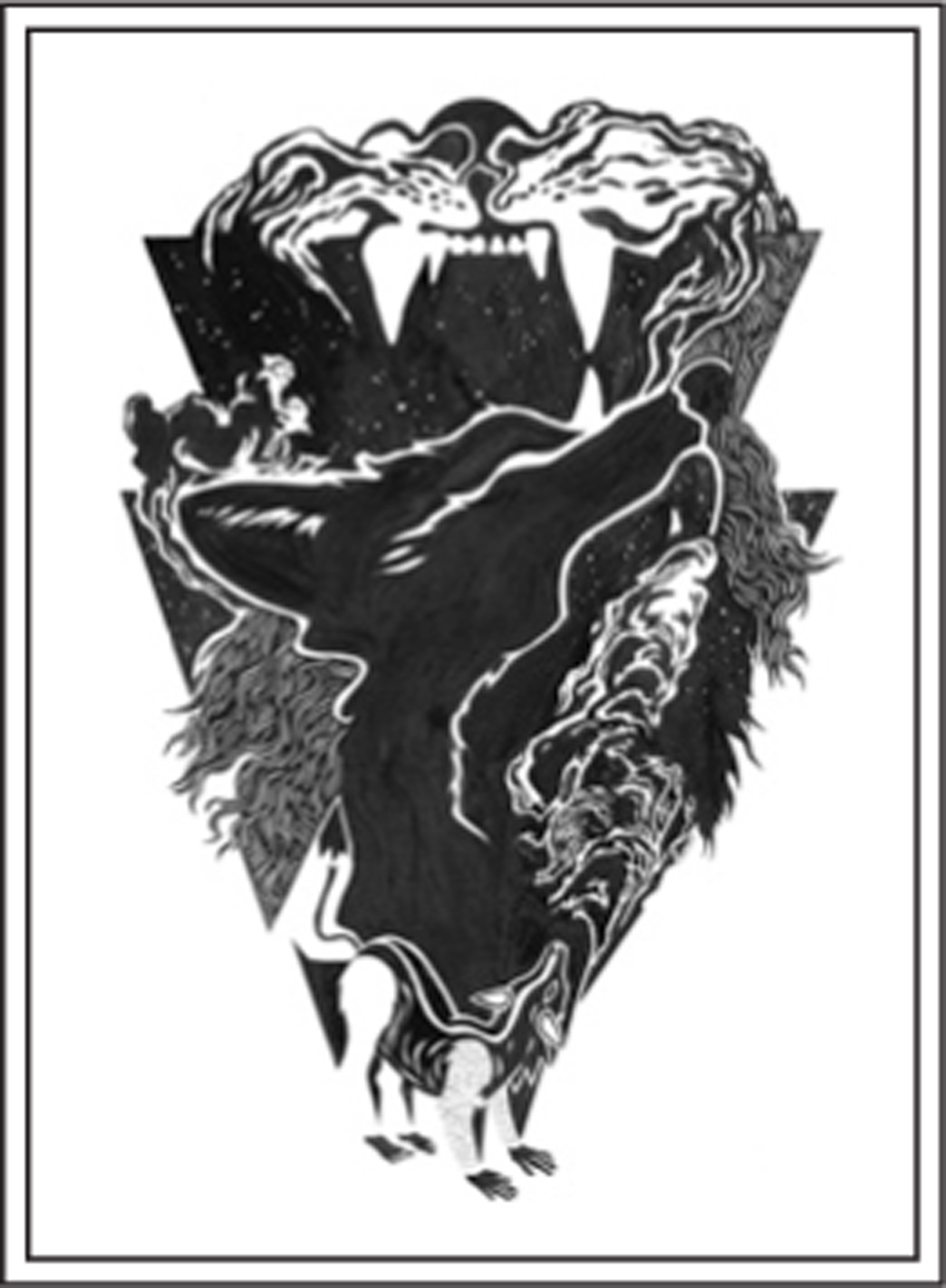

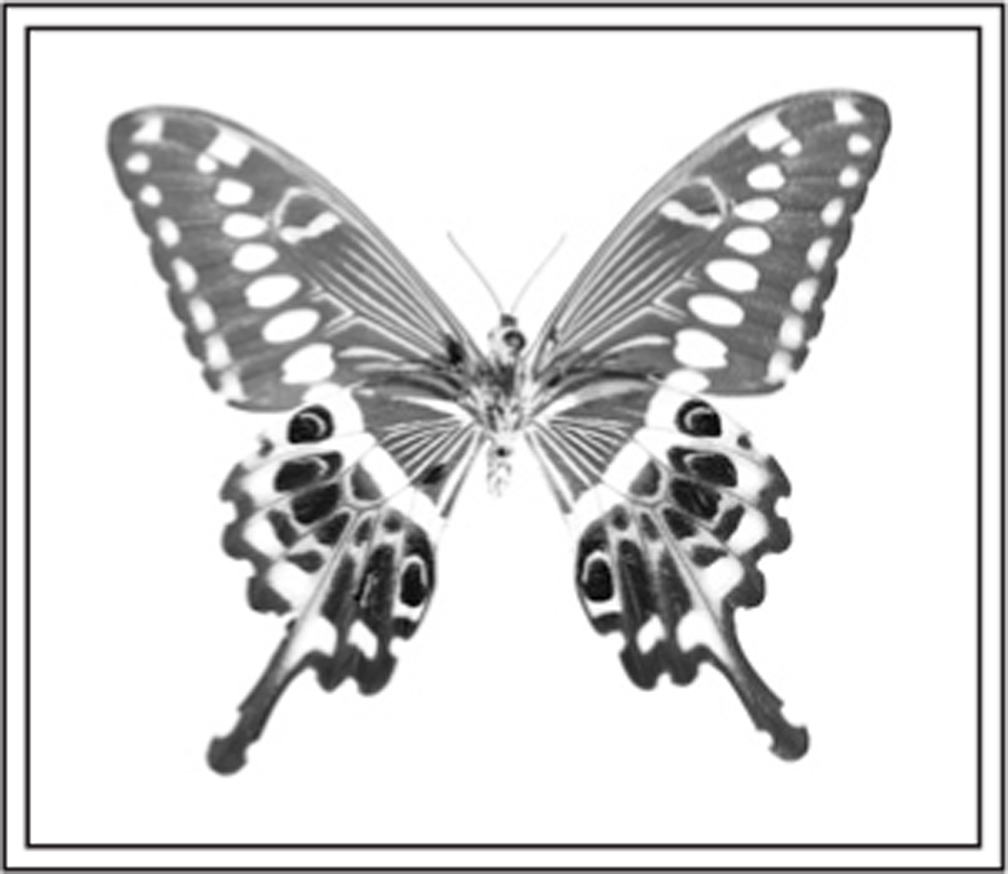
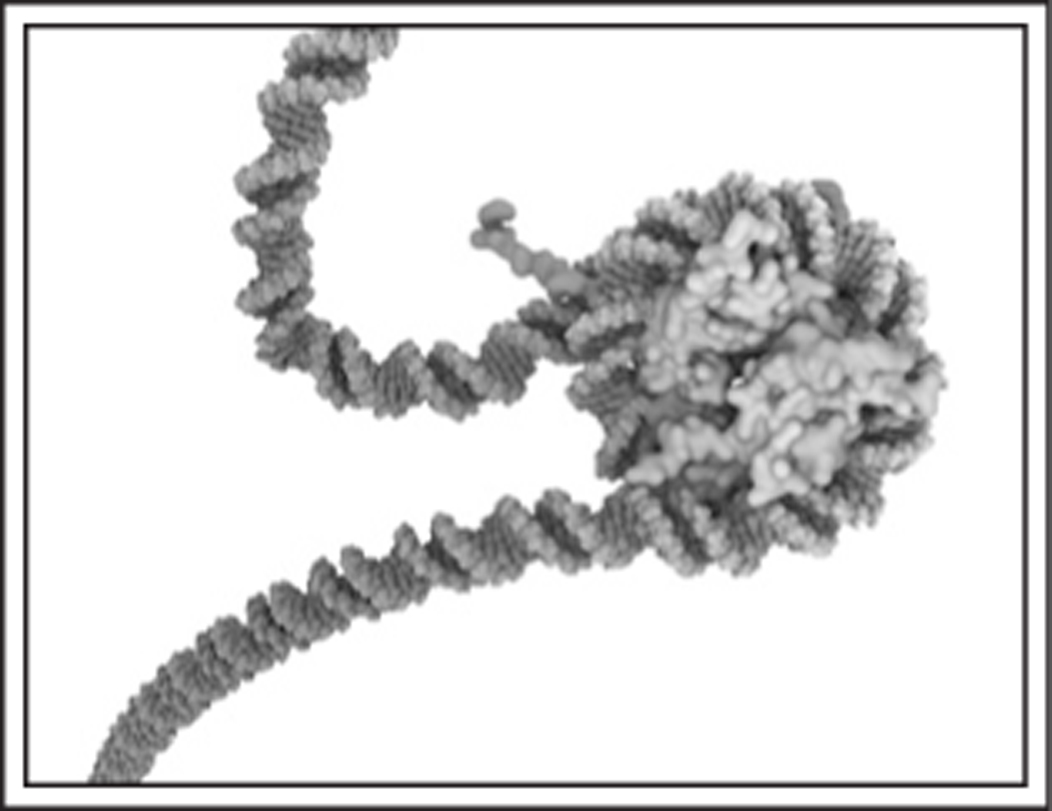
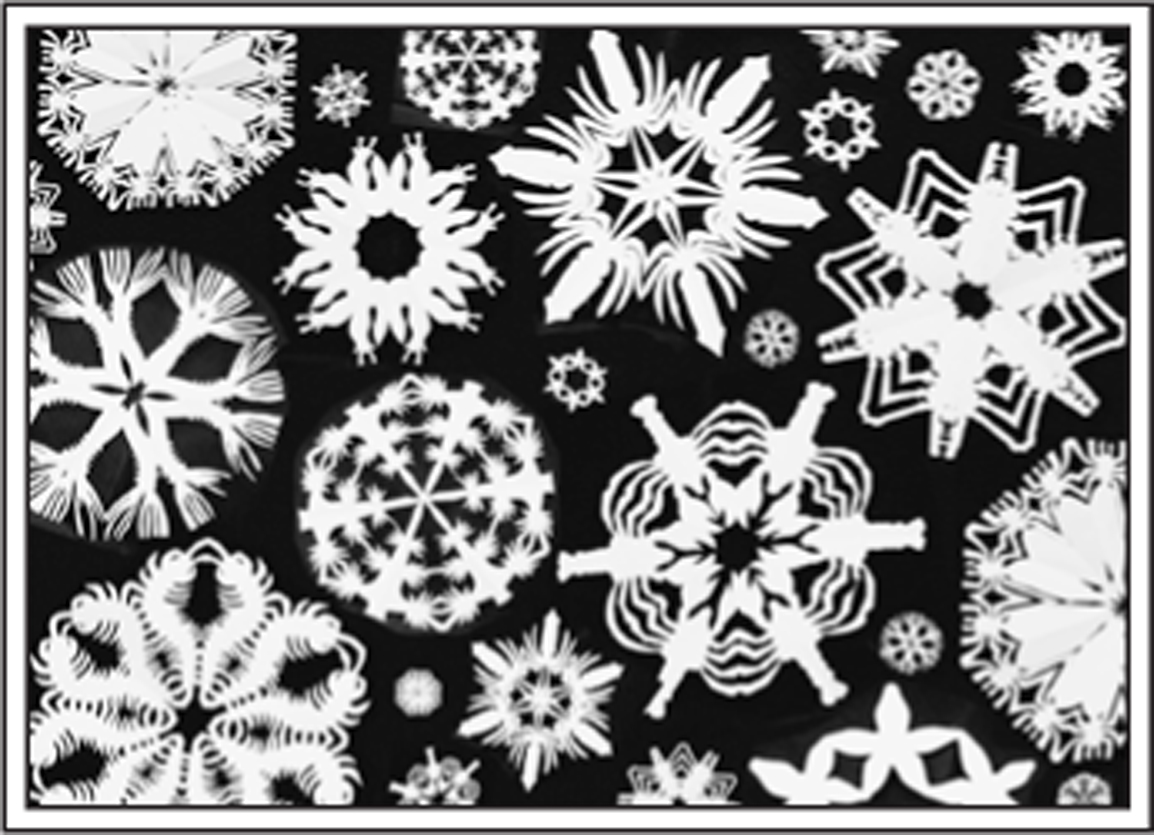
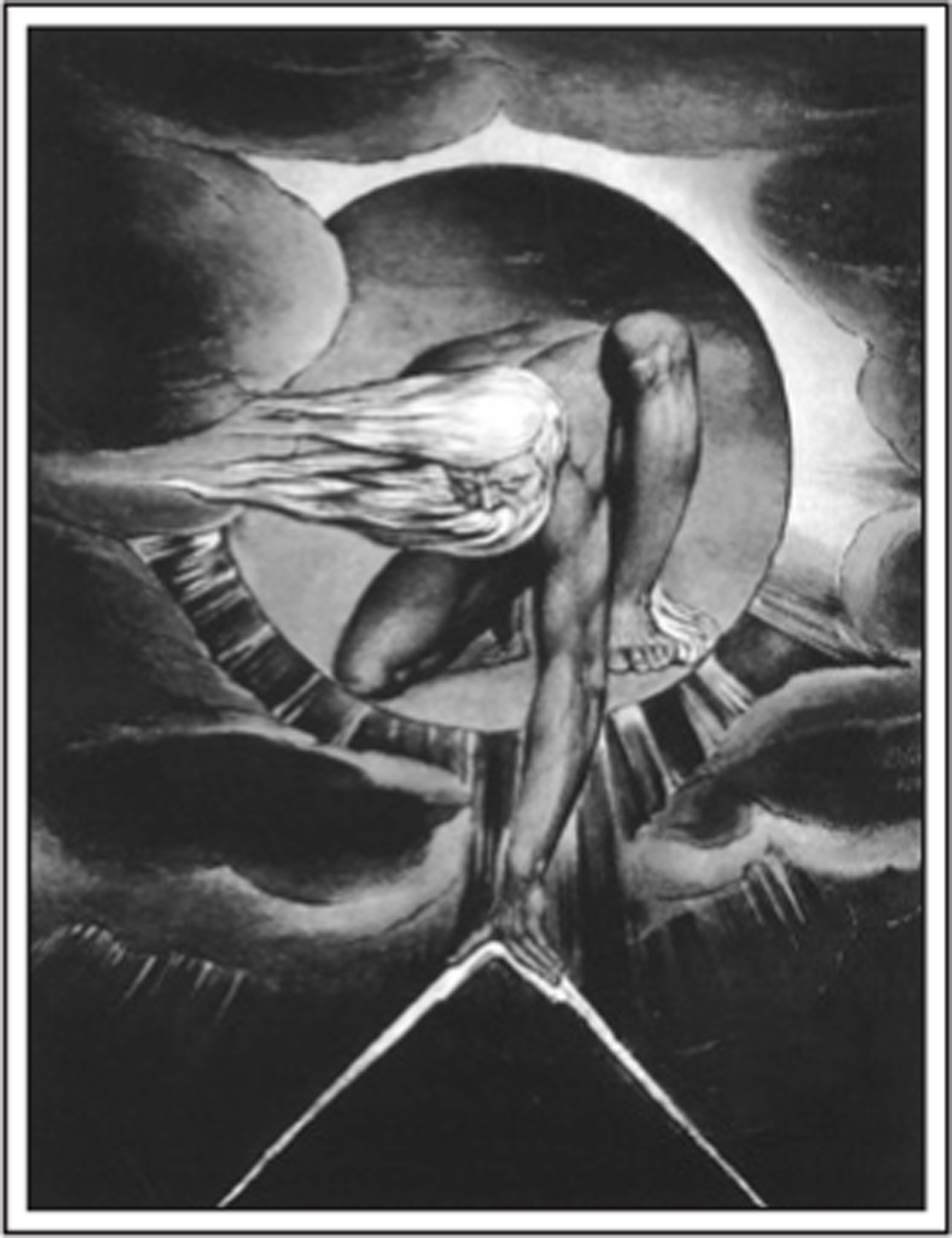
The term humanities includes, but is not limited to, the study and interpretation of the following: language, both modern and classical; linguistics; literature; history; jurisprudence; philosophy; archaeology; comparative religion; ethics; the history, criticism and theory of the arts; those aspects of social sciences which have humanistic content and employ humanistic methods; and the study and application of the humanities to the human environment with particular attention to reflecting our diverse heritage, traditions, and history and to the relevance of the humanities to the current conditions of national life.
National Foundation on the Arts and the Humanities Act, U.S.A., 1965, as amended
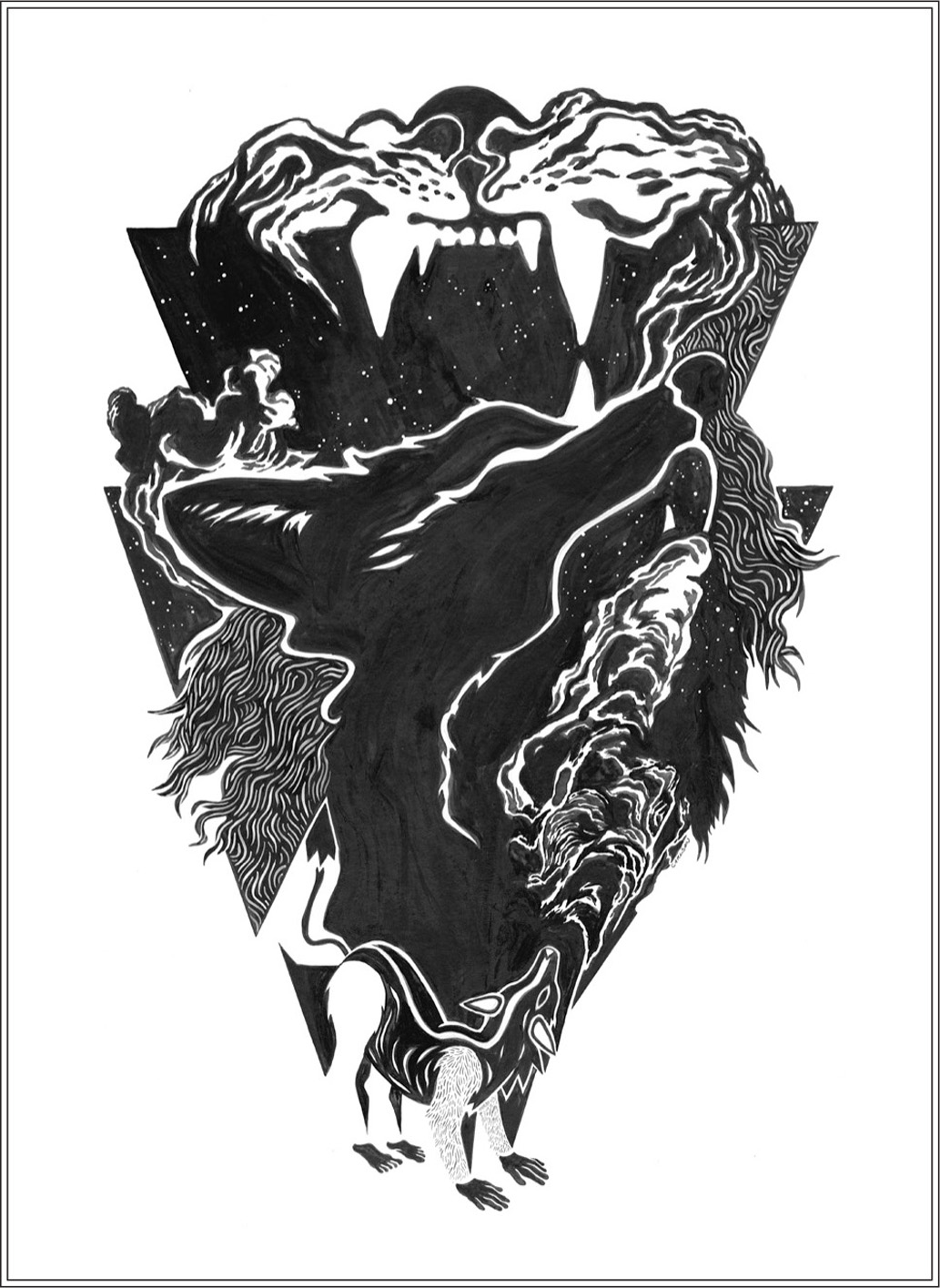
A wolf defeated by a lion. A fable of fallen pride. (Benjamin Carlson, The Wolf and His Shadow , 2015. Ink on Illustration Board. 20 x 30 inches. Benjamin Carlson. Benjamin Carlsons The Wolf and his Shadow [p. 44 in Call of the Wild 201516 Aesops Fables, by Bronwyn Minton, Associate Curator of Art and Research, The National Museum of Wildlife Art].)
T he humanities arose from symbolic language, a capacity that singly and dramatically distinguishes our species from all others. Coevolving with the structure of the brain, language freed the mind from the animal to be creative, thence to enter and imagine other worlds infinite in time and space. We were empowered but, as I will show in this first part, we retained the emotions of our ancient primate ancestors. The combination, composing what we roughly call the humanities, is why we are both supremely advanced, and supremely dangerous.
C reativity is the unique and defining trait of our species; and its ultimate goal, self-understanding: What we are, how we came to be, and what destiny, if any, will determine our future historical trajectory.
What, then, is creativity? It is the innate quest for originality. The driving force is humanitys instinctive love of noveltythe discovery of new entities and processes, the solving of old challenges and disclosure of new ones, the aesthetic surprise of unanticipated facts and theories, the pleasure of new faces, the thrill of new worlds. We judge creativity by the magnitude of the emotional response it evokes. We follow it inward, toward the greatest depths of our shared minds, and outward, to imagine reality across the universe. Goals achieved lead to further goals, and the quest never ends.
The two great branches of learning, science and the humanities, are complementary in our pursuit of creativity. They share the same roots of innovative endeavor. The realm of science is everything possible in the universe; the realm of the humanities is everything conceivable to the human mind.
Drawing on the combined consciousness of our species, each one of us can go anywhere in the universe, seize any power, achieve any goal, search for infinity in space and time. Of course, it is also true that when ruled by wild surmise and the animal passions we all share, our unbounded fantasy can disintegrate into madness. Milton expressed this greatest risk of the human condition very well.
A mind is its own place, and in itself
Can make a Heavn of Hell, and a Hell of Heavn.
So perhaps it is a blessing that the mind does not travel easily to vast and unfamiliar regions, but instead prefers to cruise and repeat its excursions in small familiar circles. Further, as a rule, people do not like the solitude of their own thoughts. A team of psychologists from the University of Virginia and Harvard University recently found that volunteers disliked sitting alone for even as little as six minutes with nothing to do but think. They enjoyed mundane external activities more. They even preferred administering electric shocks to themselves if nothing else was available.
Next page
